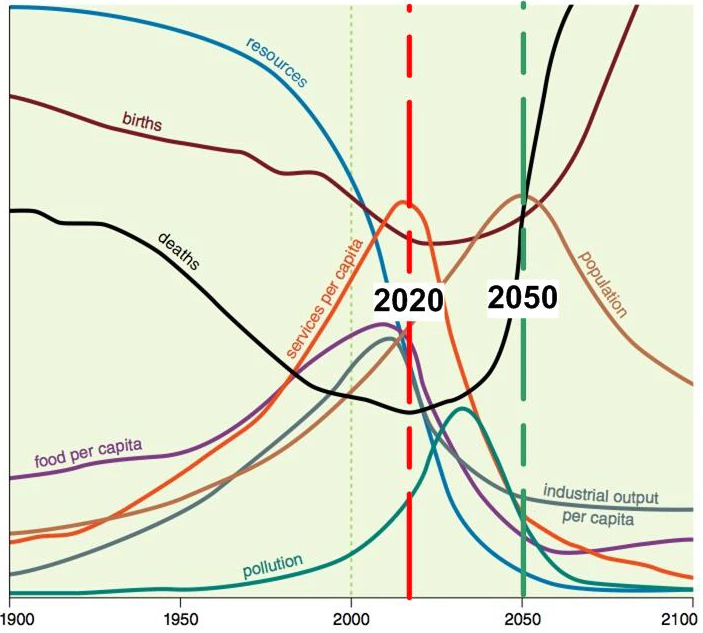Right now we have central banks attempting to control inflation by crushing wages. But wage-push demand isn’t the primary driver of inflation, it is corporate profit taking (increasing prices much faster than their costs) and some genuine supply bottlenecks.
This cannot be fixed by central banks except by smashing ordinary people flat, and in certain senses not even then, since it will lead to long term maldistribution of resources which will lead to real economic problems in the future: problems not based on distribution or finance, but on lack of physical ability to create what we need.
If we want to fix this we have to make it so that those who control economic decision making can only do well if the population as a whole does well. That means politicians who want to help the population (not 90% of European or American pols) and corporate leaders who need the population to do well.
We’ll concentrate on the corporate/private side.
Take public all natural monopolies. Monopolies and oligpolies can charge more because people have to buy what they have. Private enterprise is only better than government at providing differentiated goods. If everything is the same (and a joule is a joule and a liter of safe water is a liter of safe water and a cheap, fast train trip is a cheap, fast train trip) then government can do it cheaper and better than private enterprise, since it doesn’t have to make a profit.
Excess Profits Tax or Max Profits Tax. You can only make 5% profit + inflation. Anything more is taxed away. Money invested, is not taxed, however.
No Stock Buybacks, No Stock Options. If a company has excess money, it can only increase profits and stock prices by producing more or better.
Executive and Board Salaries Linked to General Welfare. All compensation is treated as wages. Wages above 10x median are taxed at 95%. They are only allowed to increase by the average of the median individual income, and the median income of the bottom 5%.
No Capital Flows To Other Except For Resource Extraction: Comparative advantage does not work with free capital flows. This was noted by Ricardo when he created the comparative advantage. Companies need to reinvest at home. They also need to not be able to run away with capital because they don’t like being only 10X as rich as the rest of the population.
No Free Central Bank Money: The central bank doesn’t get to just give people money, like it has been since 2008. That’s a legislative decision and one which the legislature should not be allowed to give away to other bodies except in relatively small amounts (perhaps a max of 1% of GDP.)
Break Up the Banks and Regulate Them Properly: Banks decide who gets to do what. If you want the advantages of a free market you need lots of them: easy enough, create them by breaking up the big banks. As for regulation, go back to an equivalent of Glass-Steagall.
Break up Monopolies and Oligopolies in General: either it’s a natural monopoly, in which case the government should run it, or it isn’t, in which case it’s broken up. Go back to prices rising in unison being enough evidence by itself of an oligopoly.
Retailers Either Sell Only Their Own Stuff Or Only Other People’s. No store brands, no Amazon basics, none of that. It’s vastly anti-competitive. Nor can retailers mandate that they must get the lowest price or any other such thing.
***
The general principles here are just to move the market back towards a free market and to “align” incentives so that rich people can’t get richer without everyone prospering.
There’s much more required, of course: these policies require politicians to want to implement them, and for them to last for any length of time, changes need to be made to politics to also make sure politicians self-interest is aligned with the general population. (The other method, which might better is to remove self-interest from these decisions entirely. You don’t always need skin in the game in a material sense—doctors with no financial stake make better decisions for patients than those with and endless measurement aligned with incentives warps measurements.)
None of this is really complicated in the broad strokes. We know what creates good economies and societies, we just rarely do it and those with the most power, whether people or countries, try to keep other countries or people down.
This is a donor supported site, so if you value the writing, please DONATE or SUBSCRIBE.

